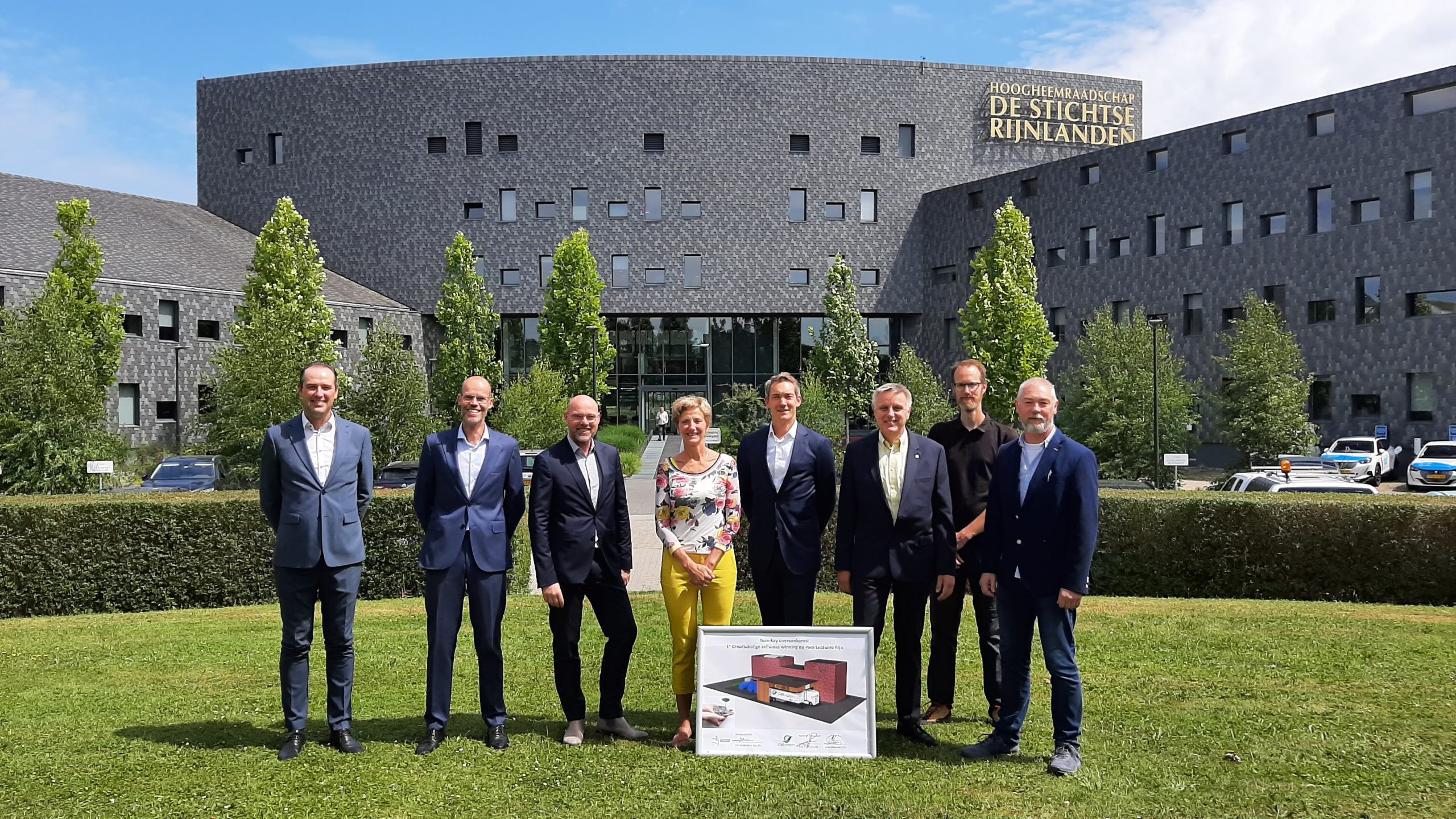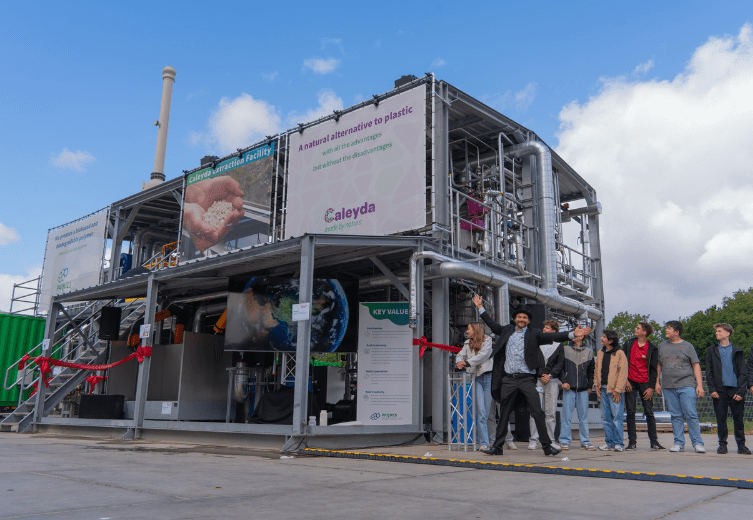Cellvation B.V. and the Dutch Water Authority Hoogheemraadschap De Stichtse Rijnlanden (HDSR) signed an agreement to build and exploit an installation that will recover cellulose from wastewater at the sewage treatment plant (STP) in Leidsche Rijn, city of Utrecht. The chain will be completed with KWS, a market leader contractor, taking off the recovered cellulose.
Renewable raw materials from treated toilet paper
In 2020, a fine-screening plant was commissioned in Leidsche Rijn as part of the expansion of the sewage treatment plant. This installation allows screening materials to be filtered out of wastewater. This screening material consists of cellulose fibers, a residue from purified toilet paper. Cellvation B.V. has developed a process called CellPro that can process the cellulose fibers from the screenings into the raw material Recell®. KWS is going to use Recell® for roads and bicycle paths, among other things. The infrastructure company will achieve a CO2 saving of 90% compared to the regular product. In addition, it is an ingredient for biocomposites that can also be used in infrastructure. For example, Recell® can be used for bank revetments, cladding and traffic signs. In turn, water authorities can use these materials for various projects and operations.
Primary, secondary, tertiary cellulose
In nature, primary cellulose is for instance found in trees and plants, where it provides strength to leaves and branches. This is an important raw material for the paper industry. Secondary cellulose involves recycled paper and cardboard. Cellvation recovers Tertiary cellulose from waste streams that would otherwise be incinerated. As is the case with cellulose from sewage treatment. By reprocessing tertiary cellulose and reusing it in new products, a supplier can significantly reduce the CO2 footprint of his product. In fact, 1 ton of Recell® saves 2 tons of CO2.
A new installation
To convert the cellulose fibers into Recell©, Cellvation is going to build a new installation at the STP Leidsche Rijn, Utrecht. This will be designed to produce over 700 tons of Recell© annually, saving 1400 tons of CO2. The plant is expected to be completed in the third quarter of 2023.
Source: Cellvation and Recell Group




